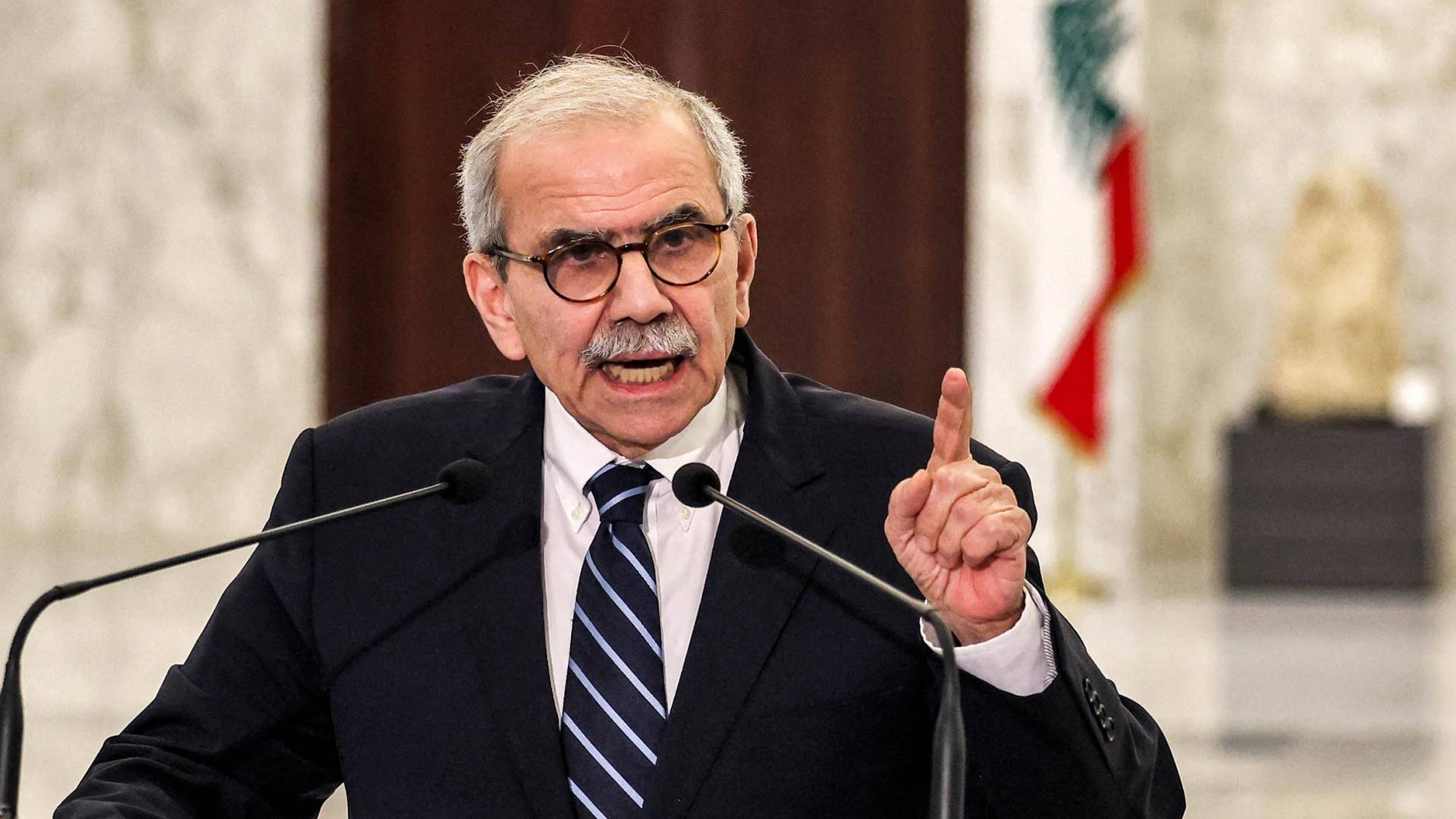Lebanon's Prime Minister Nawaf Salam (Credit: Getty Images)
Lebanon says army dismantled over 500 Hezbollah positions
Lebanon’s Prime Minister Nawaf Salam announced Thursday that the Lebanese army has dismantled more than 500 Hezbollah military positions and weapons storage sites in the country’s south, as part of a broader push to reassert state authority and fulfill international reform demands.
Speaking in a televised address marking his first 100 days in office, Salam reaffirmed his government's commitment to strengthening state control and disarming armed groups operating outside its authority.
"The state continues its action... to restore its authority over the entire national territory... and to have a monopoly on arms," Salam said.
According to the prime minister, the army has been actively expanding its presence in southern Lebanon, specifically in areas south of the Litani River, located roughly 30km from the "Israeli" border. That region has been a traditional Hezbollah stronghold.
The dismantling of Hezbollah’s infrastructure is in line with a ceasefire deal brokered in November that ended a conflict between Hezbollah and "Israel". The agreement required Hezbollah to pull out of the area and remove its military assets. While Hezbollah appears to be complying, Salam noted that "Israel" has not fully upheld its end of the deal.
"There can be no security or stability while Israel's daily violations persist, parts of our land remain occupied and our prisoners are not freed," he said.
Salam also addressed plans to disarm Palestinian refugee camps in the country, which have long operated autonomously and are often outside the reach of the Lebanese state.
Turning to Lebanon’s economic woes, the prime minister defended his government’s recovery blueprint, which he said is rooted in practical reforms and accountability.
"Our economic plan is not a fantasy," Salam stated, emphasizing that it focuses on correcting historical financial mismanagement and rebuilding the country’s broken banking system.
He highlighted recent steps taken to satisfy international lenders, including the adoption of a law lifting banking secrecy, a key condition set by the International Monetary Fund (IMF), and legislation to restructure Lebanon’s financial sector.




